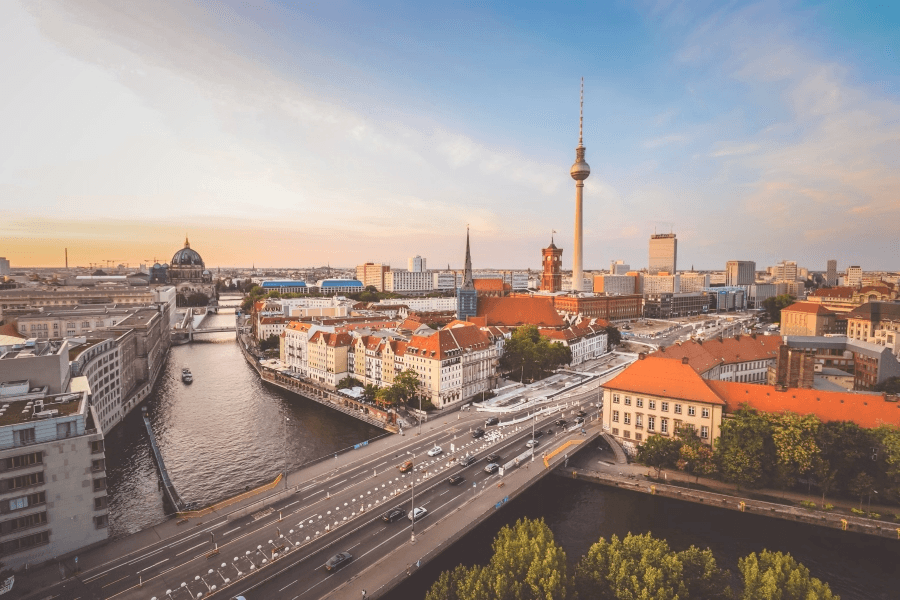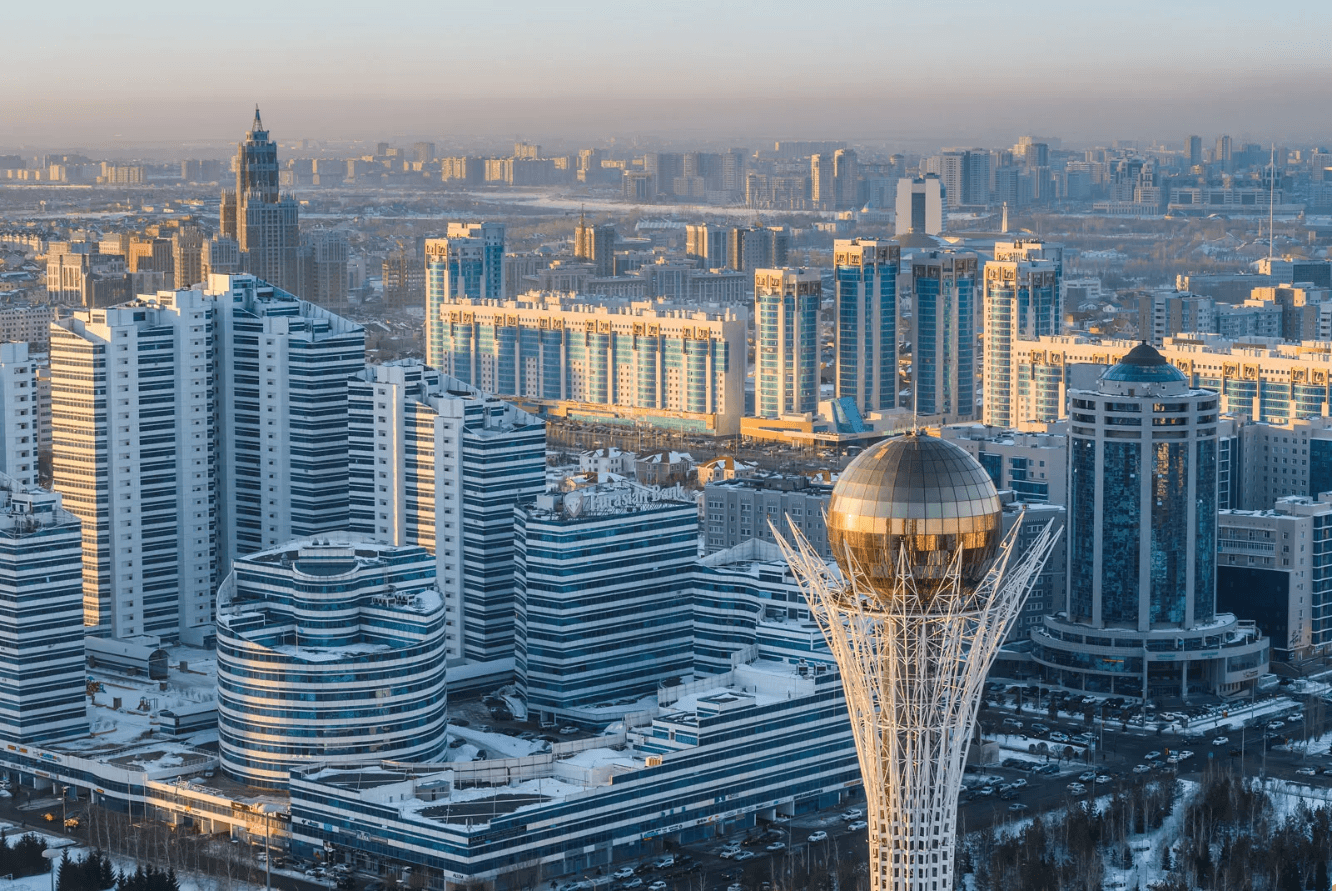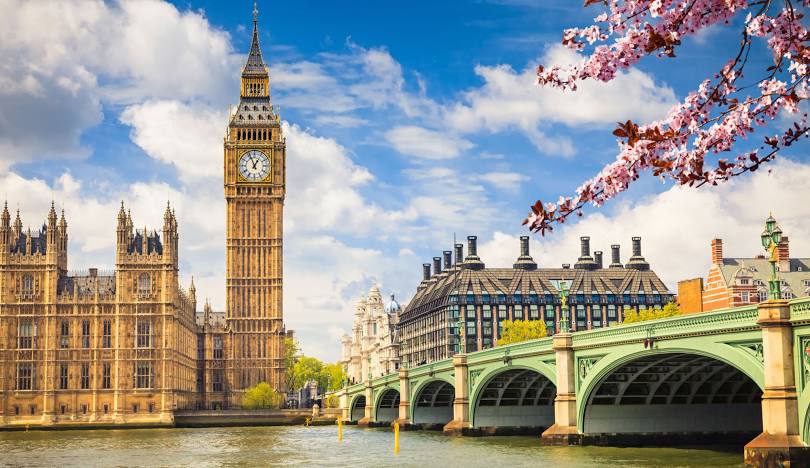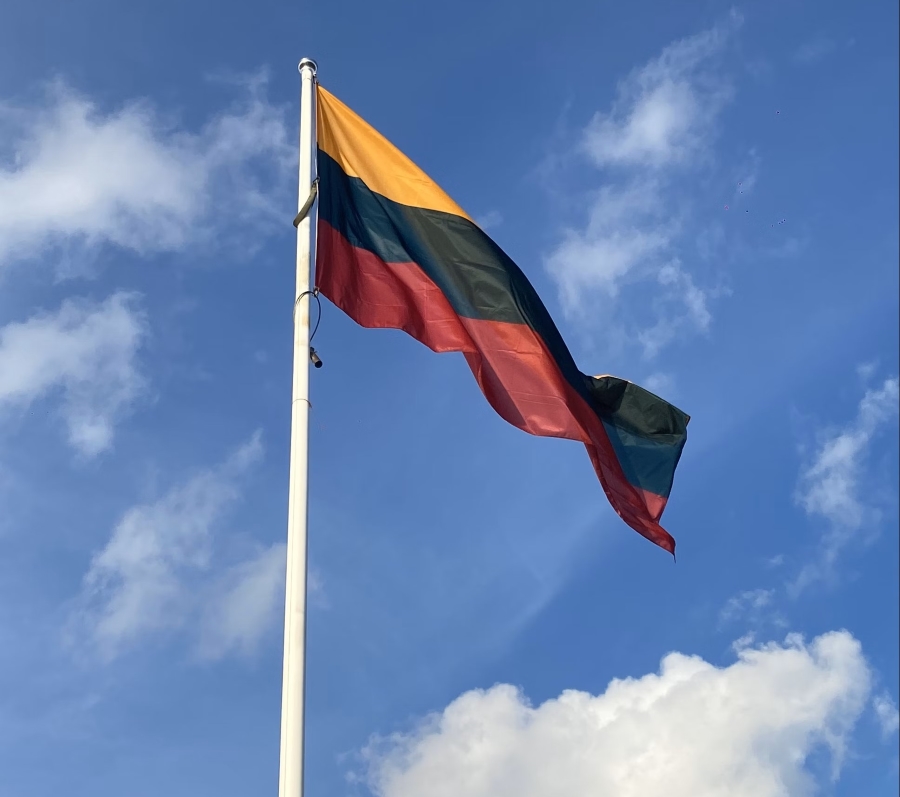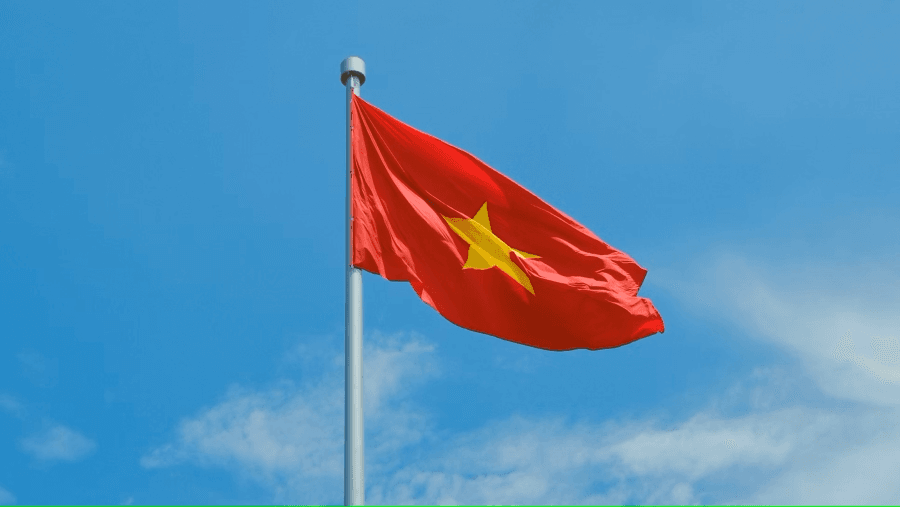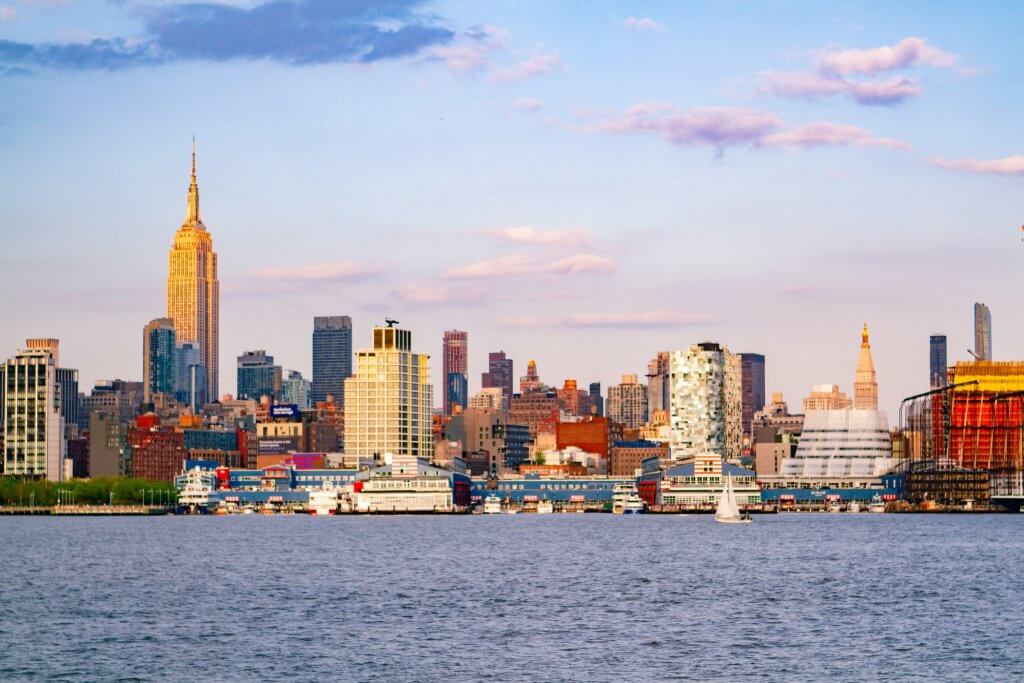
The council said it is working with international partners to identify and recover offshore properties and financial accounts possibly acquired through illicit funds.
In a radio interview, AMLC executive director Matthew David said coordination with foreign jurisdictions is underway through mutual legal assistance treaties. These arrangements allow the Philippines to request the freezing or forfeiture of overseas assets proven to have been obtained from public funds. Once validated, such assets can be repatriated to the national treasury.
So far, the AMLC has secured four freeze orders from the Philippines’ Court of Appeals covering an estimated PHP4.2 billion ($72.2 million) in suspected ill-gotten wealth. These orders encompass 1,620 bank accounts, 163 vehicles, 40 real properties, 54 insurance policies, and 12 e-wallets. The total amount could increase as investigations uncover new transactions and beneficiaries.
Freeze orders remain valid for 20 days and may be extended up to six months. During this period, the AMLC is expected to initiate civil forfeiture proceedings before the Regional Trial Court to allow the government to take permanent control of the seized assets.
Casinos and banks face closer monitoring
Casinos and banks have been placed under tighter scrutiny as part of the AMLC’s effort to prevent financial systems from being used to conceal public funds. The council is working with the Philippine Amusement and Gaming Corporation (PAGCOR) to assess compliance with the Anti-Money Laundering Act and its implementing rules within the gaming sector.
David said casinos are being examined to determine whether their systems for reporting large or suspicious transactions are being fully implemented. The AMLC considers casinos “covered persons” under the law, meaning they are required to report transactions exceeding PHP5 million ($85,985) in a single day.
At the same time, the council reminded local banks that they serve as the first line of defence against money laundering. The warning came as the state-owned Land Bank of the Philippines and Development Bank of the Philippines face questions over large withdrawals linked to the scandal.
If found negligent in detecting or reporting suspicious transactions, banks could face administrative sanctions, enforcement actions, or even criminal charges. Bank officers found complicit in concealing illegal transfers may also be prosecuted.
Luxury car scandal tied to flood control controversy
The Independent Commission for Infrastructure (ICI), which consolidates corruption probes linked to public works projects, is also being urged to summon officials from the Bureau of Customs (BOC) and the Land Transportation Office (LTO). Lawmakers want both agencies to explain how eight luxury vehicles allegedly owned by the Discaya couple were imported and registered despite being classified as smuggled.
Bicol Saro party-list Representative Terry Ridon said determining agency accountability is essential to understanding how illegally imported vehicles entered the country’s registry system. The ICI is expected to review the importation records, vehicle registrations, and potential collusion within regulatory offices.
Call to revive DPWH Integrity Pledge
Meanwhile, Las Piñas Representative Mark Anthony Santos called on Public Works Secretary Vince Dizon to reinstate the “Integrity Pledge” policy, a programme requiring all contractors and suppliers to sign an anti-corruption commitment before engaging with the Department of Public Works and Highways (DPWH).
The policy, first introduced in 2013 by then-secretary Rogelio Singson, was designed to deter collusion and promote transparency in project bidding and implementation. Santos said reviving the pledge could help restore public trust and reinforce accountability within the agency amid the ongoing investigations.



 2Days ago
2Days ago

